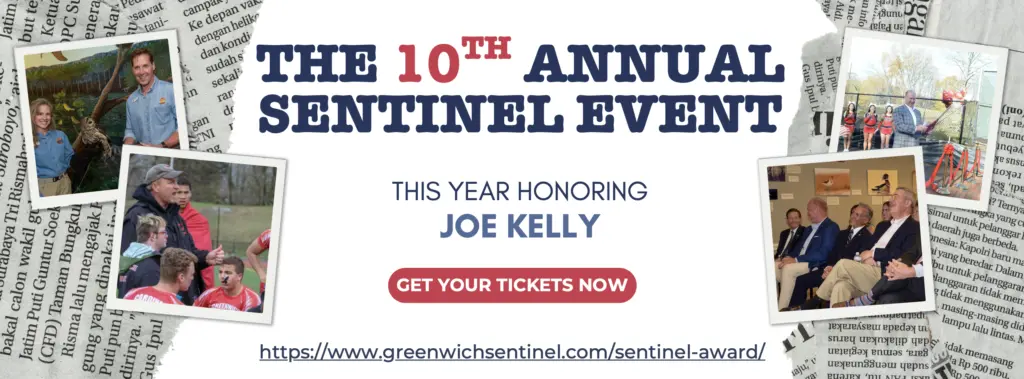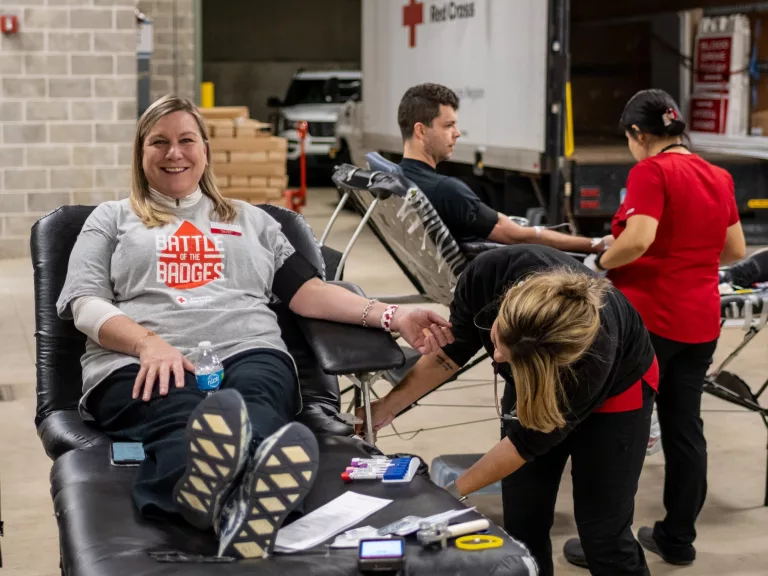By Peter Tesei
There is more hope today than there has ever been for people living with a mental illness when it comes to science. Thanks to studies, ongoing research and proven successes, mental illness is treatable. The good news is there are solutions, practices and options that were not available 20 years ago. A person with a diagnosis of a serious mental illness today can live a successful, enriched life with the right professional care and resources.
Challenges on the Path to Recovery:
A major challenge to recovery is the healthcare system. According to a recent study, among people on Medicaid, 1 in 3 have a mental illness. Yet, access to quality care is constrained by a critical shortage of specialty professionals who are willing and able to see Medicaid patients. Half of Medicaid beneficiaries with serious mental illness reported unmet needs in 2018.(1)
This harsh reality rings particularly true for many of our clients in the Greenwich community, especially those lacking familial support.
What is Pathways Doing to Overcome Challenges:
As Pathways embraces this new era of enhanced recovery and treatment options, we cannot wait for the government and healthcare system to catch up to the needs of our clients.
Instead, we’re taking proactive steps to implement programs designed to significantly improve both physical and mental health outcomes, while nurturing creativity and fostering a zest for life among our clients.
A Comprehensive Health Overhaul:
Many of our clients struggle within the current healthcare framework, from young adults navigating new diagnoses to elderly individuals managing multiple health conditions alongside mental illness. Often, they find themselves locked into unchanging medication plans, receiving only brief medical check-ins or emergency room visits.
Our pioneering pilot program aims to revolutionize this approach by integrating esteemed mental and general health professionals to conduct thorough evaluations of medications, diagnoses, and health screenings. Additionally, we plan to offer psychotherapy to those currently languishing on waitlists for experienced providers. This program holds the potential to redefine mental health support standards across organizations.
In an online interview with Kay Redfield Jamison, a well-known psychiatrist and author, she stressed the importance of getting the right diagnosis and finding a doctor.
In the interview Jamison states, “You want to establish an intelligent and respectful relationship between clinician and patient that allows for questioning, allows for judgement calls, allows for reading. It allows for all sorts of interactions that are more than just coming in for a 15-minute med check.”(2)
Creativity and Discovering the Art of Living with Mental Illness:
There has long been a connection to creativity and mental illness. Another program we would like to implement would involve giving our clients the space and resources to explore their own creativity. We want to be able to help them discover their potential, their passions, their motivations. We want our clients to see themselves as having a gift.
For a deeper understanding of this concept, I encourage watching “Touched with Fire,” a film by Paul Dalio based on the book with the same title by Kay Redfield Jamison. Both Dalio and Jamison, who openly share their journeys with bipolar disorder, offer poignant insights into the complexities of mental illness and the connection to mental health and creativity. Dalio and Jamison’s testimonies and interviews are inspiring and worth an online search.
Join Us in Making a Difference:
To ensure the success of these vital programs, we need substantial funding. As our government funding is limited and only covers a portion of our current operations, we are turning to our community, grants, foundations, and businesses for support.
Discover how you can contribute to our mission at www.pways.org.
If you are close to someone who is struggling with mental illness and could use support for yourself, Pathways offers a Family/Friends Support Group once a month. Find out more at www.pways.org/support.
Sources:
1. Zhu JM, Renfro S, Watson K, Deshmukh A, McConnell KJ. Medicaid Reimbursement For Psychiatric Services: Comparisons Across States And With Medicare. Health Aff (Millwood). 2023 Apr;42(4):556-565. doi: 10.1377/hlthaff.2022.00805. PMID: 37011308; PMCID: PMC10125036. https://www.ncbi.nlm.nih.gov/pmc/articles/PMC10125036/
2. Healthy Minds | Bipolar Disorder, A Conversation With Kay Redfield Jamison, Ph.D. (Two Parts). YouTube. @ConnecticutPublic. https://youtu.be/J3yvLRQWWuc?si=KEMcm-T0xadeI6TF
Peter J. Tesei is the Executive Director of Pathways Inc. and previously served as Greenwich’s First Selectman for 12 years (2007-2019). His public service spans 37 years as a former RTM District 9 Chairman and Board of Estimate & Taxation Chairman. He has served on several non-profit Boards and community organizations and has been leading Pathways since November of 2021.





